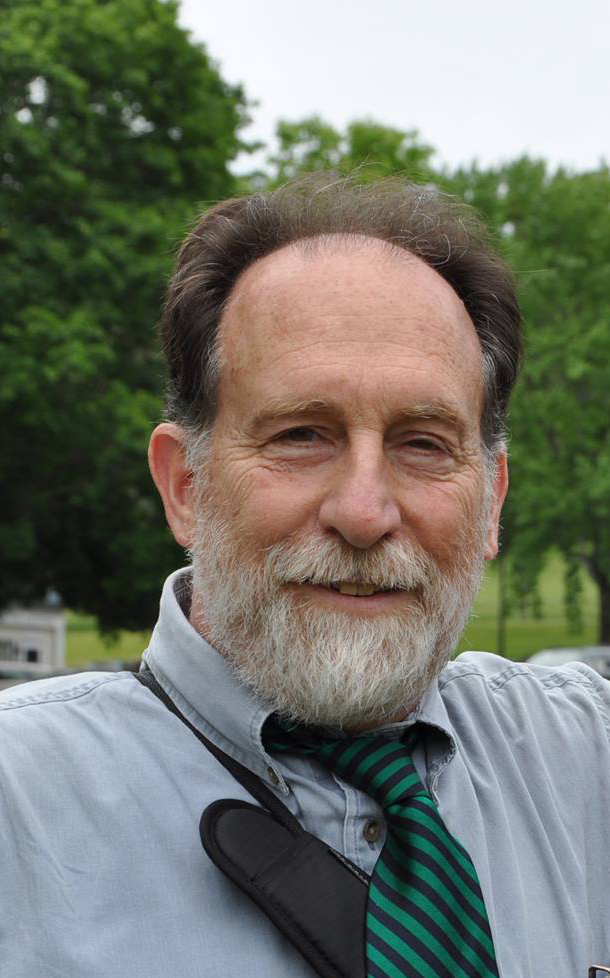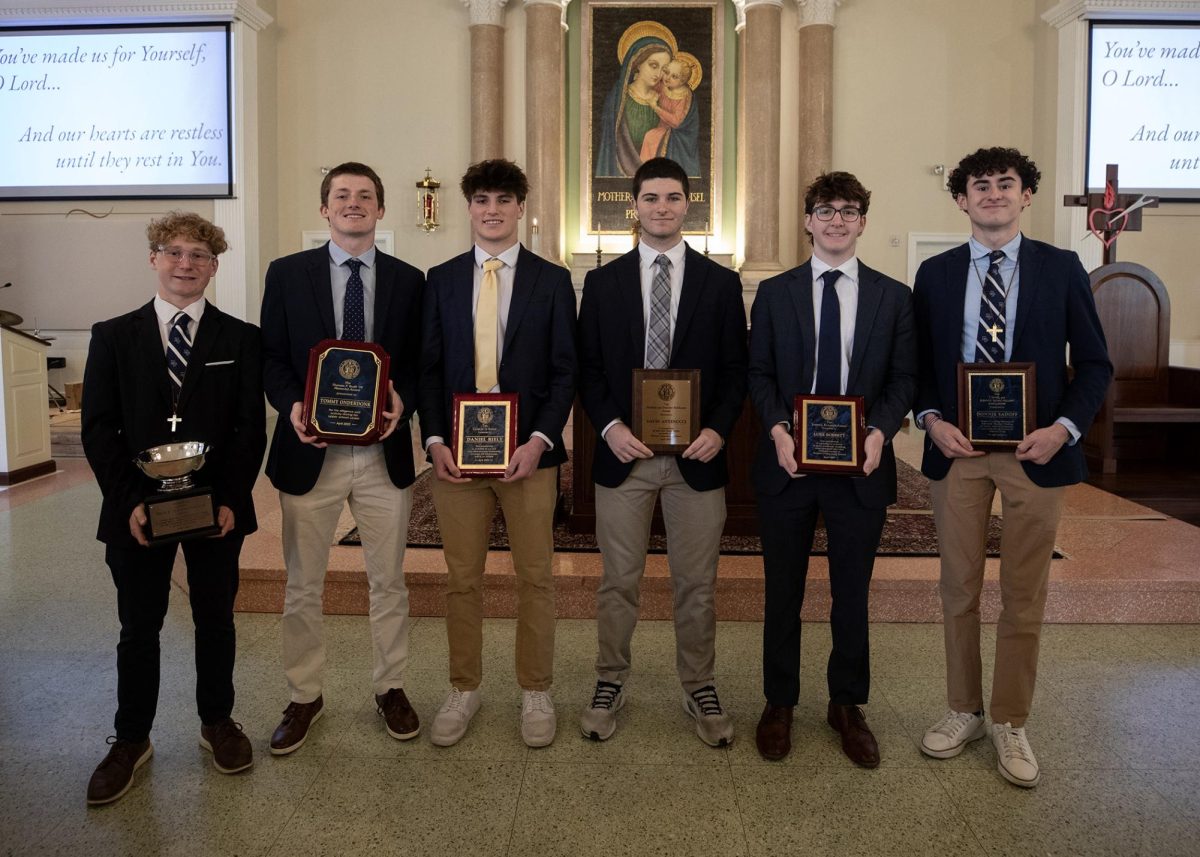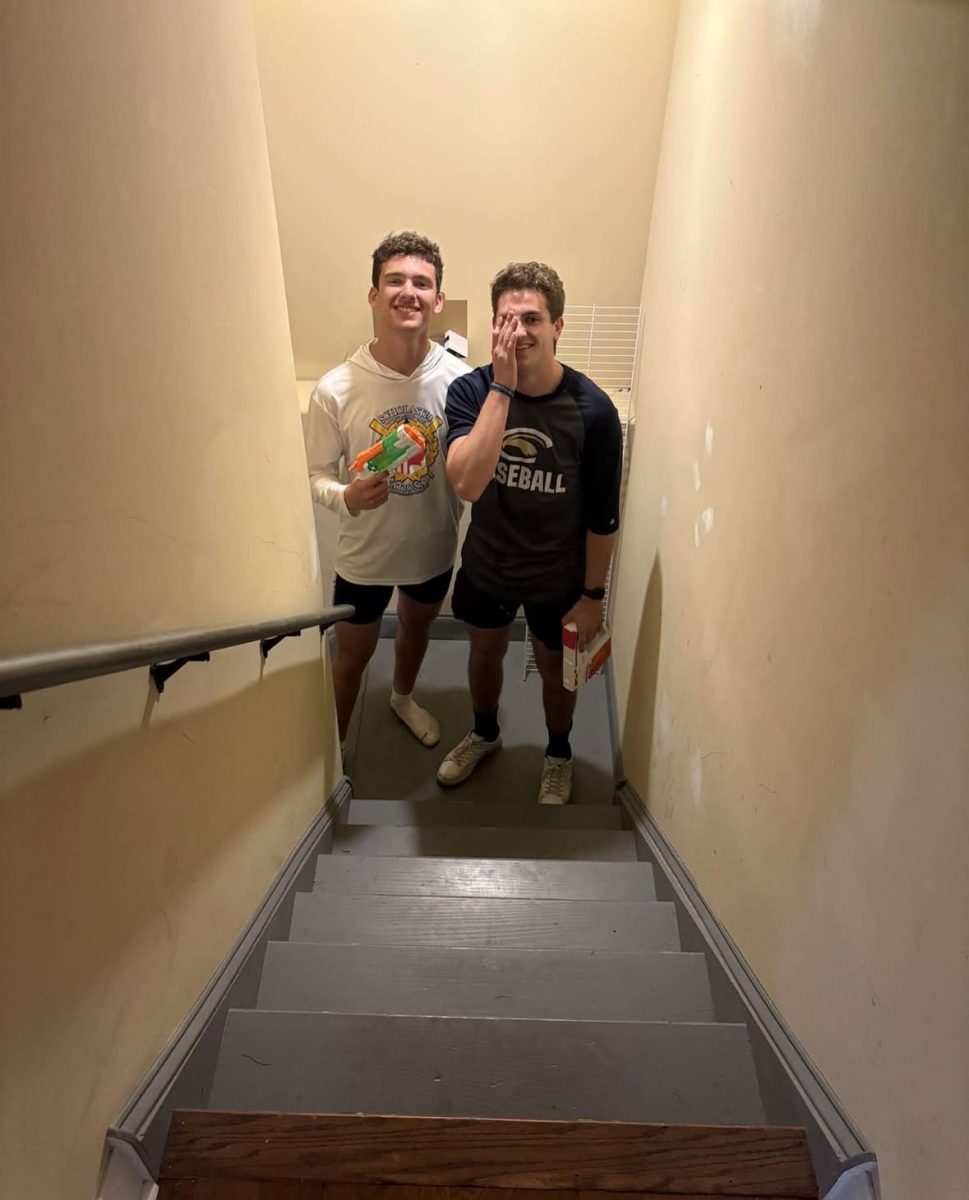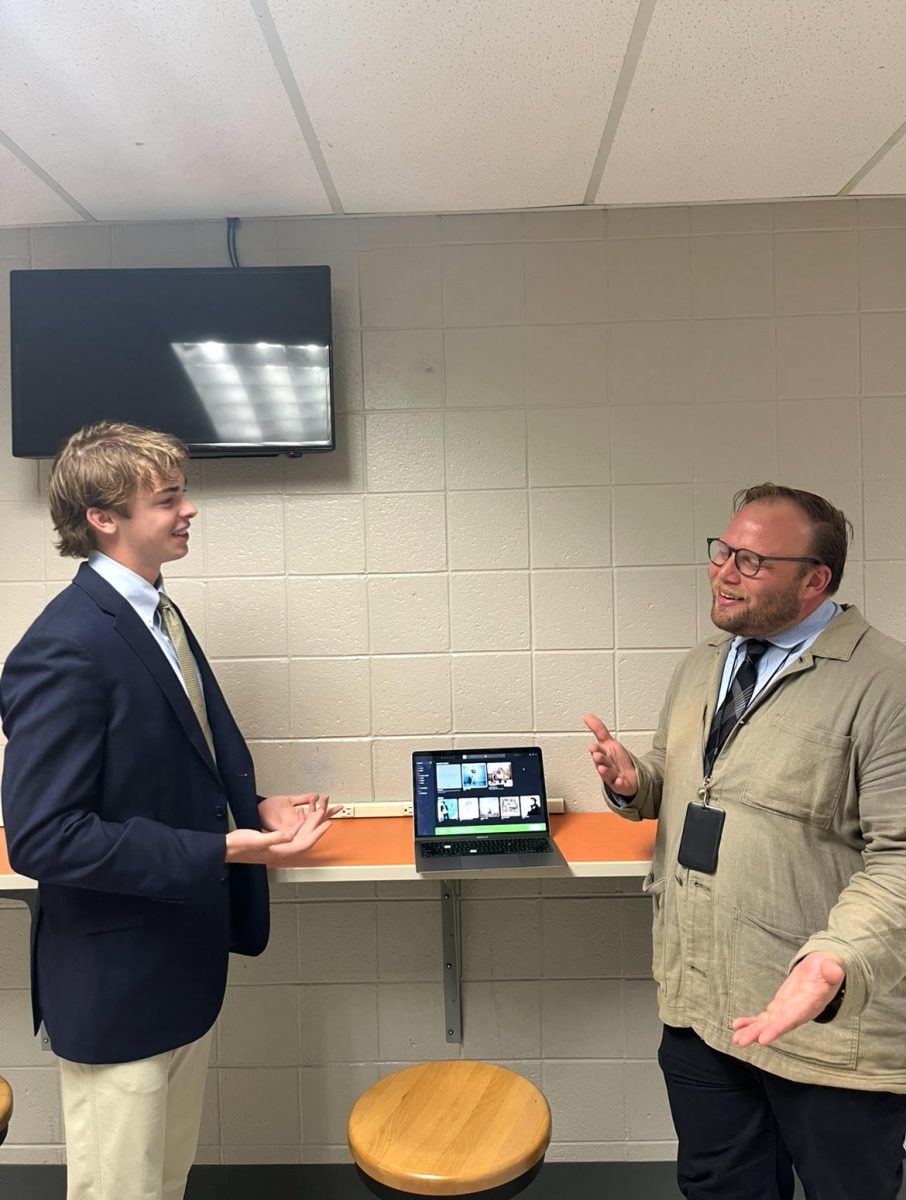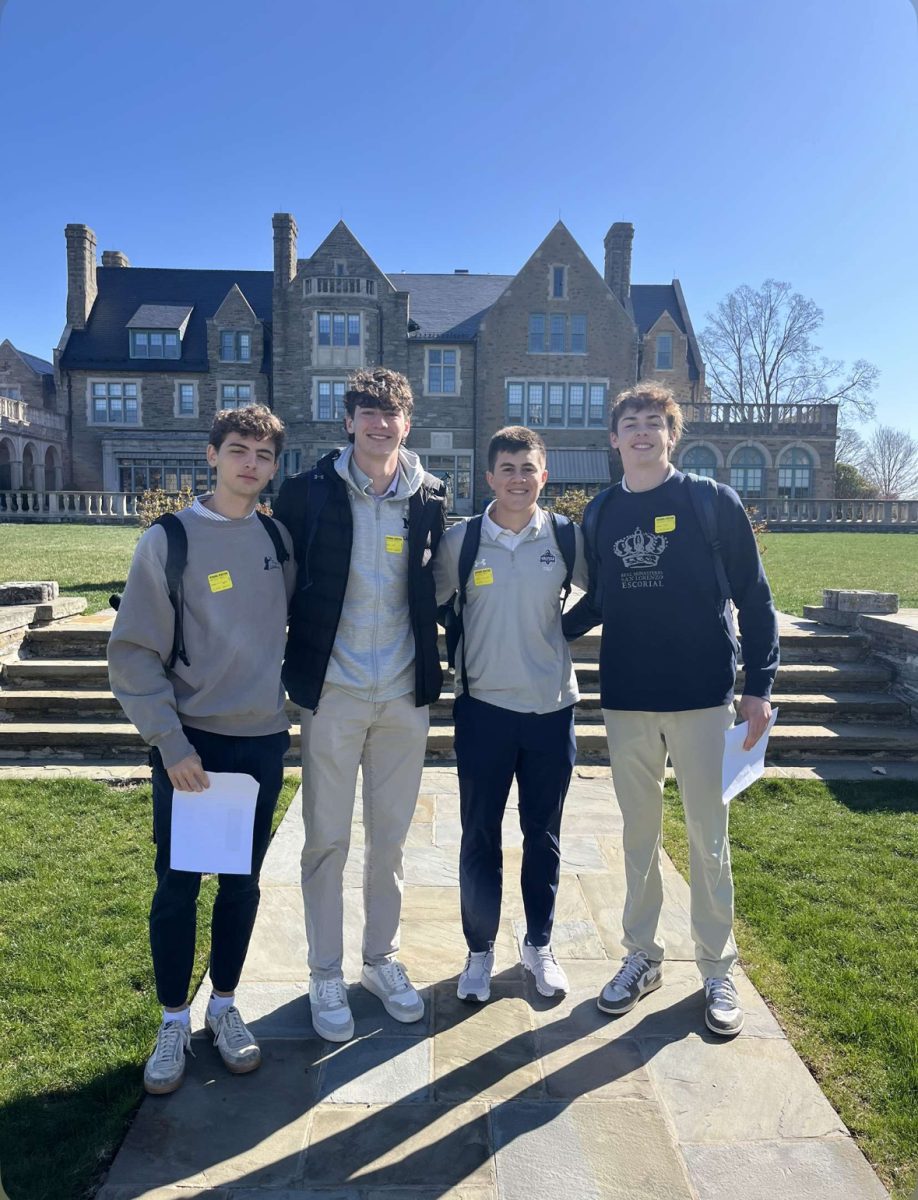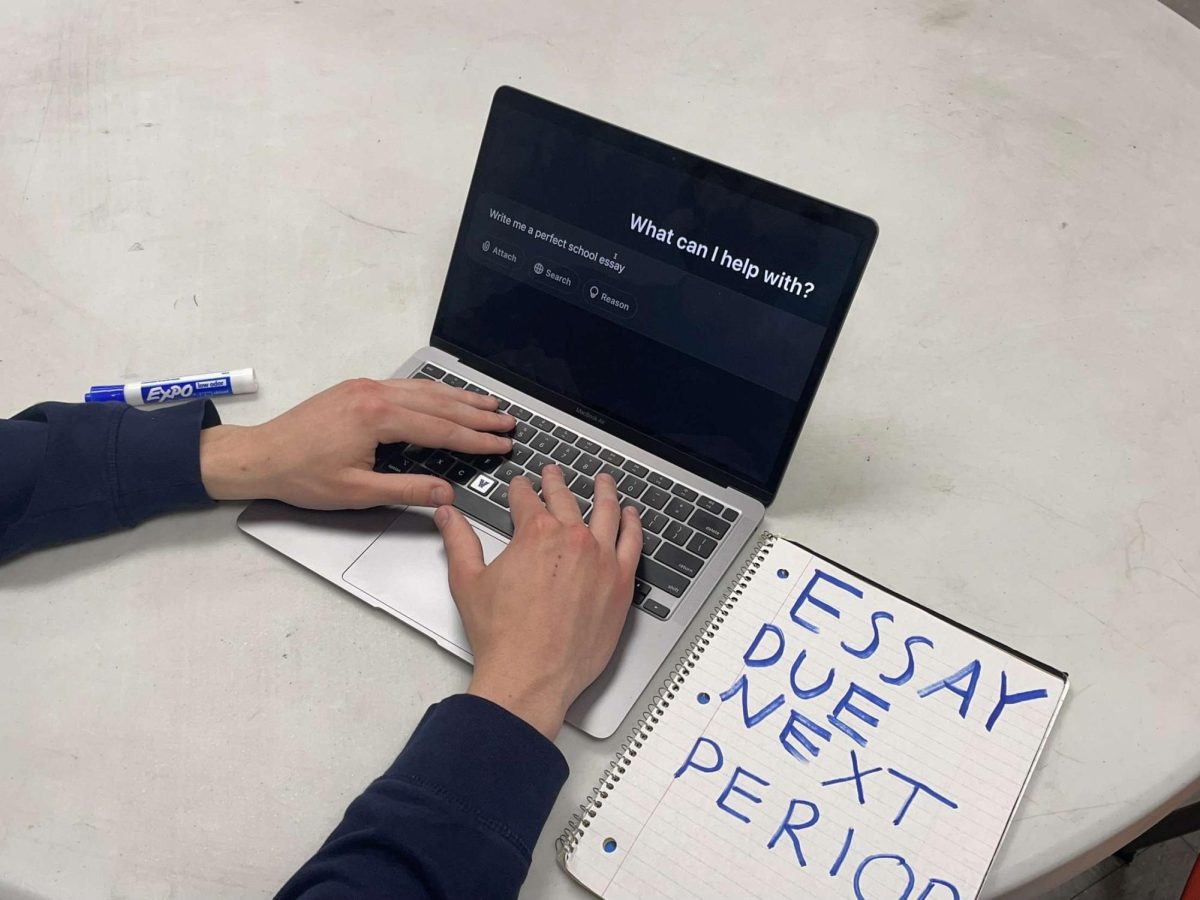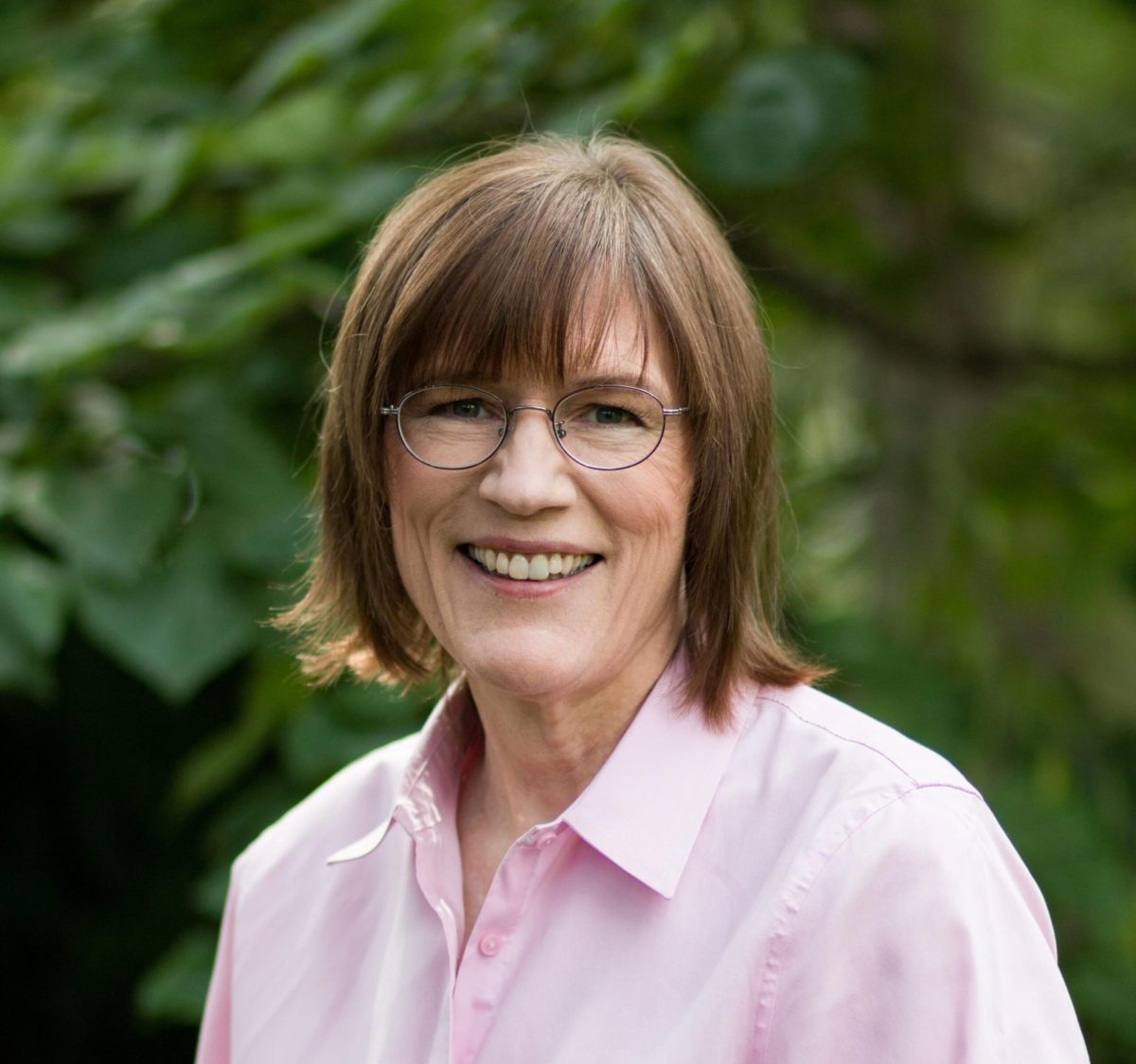After surviving a year of Mrs. Gordon, many students go onto AP United States History in the hopes of scoring high on the test. However, about 114 years of unlearned history still stand in the way of the desired five. The man to take hold of the reins and lead the students to victory like the Allies in WW2 is Mr. Robert Colameco. Mr. Colameco was thrilled to offer his perspectives on Malvern, 21st Century Education, and his “political views” to the Black Friar Chronicle.
1. So how long have you been teaching at Malvern?
I’ve been here for twenty-nine years.
2. Have you seen Malvern change a lot since you’ve been here?
Oh yeah, in some ways it’s changed a lot and in some ways it’s changed very little. Probably the most obvious changes are the physical changes. The campus looks much different than it did when I came here.
3. You were here for the building of Duffy.
The O’Neill center didn’t exist; Carney Hall, the very building we’re sitting in didn’t exist, the Duffy Center didn’t exist; Stewart was just an old gymnasium that no one ever went into. Tolentine was where the middle school was. Austin Hall, where Mr. Talbot’s office is, was a rat-infested book depository. You didn’t go near that place. It was where they stored the books during the summer, and the rest of it was dilapidated. I was kind of waiting for it to fall down anyday.
4. Oh my gosh. When did they start renovating that?
Probably in the late eighties, early nineties. I was never in the building before the renovation, but I can imagine what it looks like. When the renovation was done we all went in there and were astonished by how beautiful it was.
5. What do you think was the most anticipated build? Do you think it was Duffy?
I think it was actually this building, Carney Hall. At the time it was built, the school was in such desperate need for classrooms. Where the middle school is now, that was the whole upper school. There was one other little building, Dennis Hall, that wasn’t here for a while, but when they opened this building up, we were like, “Wow, we have all of this extra room.”
6. Changes seem to be a big thing here at Malvern nowadays. The biggest change is probably in education. How do you feel about 21st Century Education, and how do you feel you’re adapting to the change?
I think, first of all, 21st education is so new on our campus, because of Mr. Talbot, and it’s sort of looked at as kind of a new thing. The reality of it is that it’s not a new thing at all. When I first came here, back in 1985, some of the things we are doing now I was talking about back then. The administration wasn’t too interested on change back then, and we kind of got left by the wayside. So I am totally in favor; I think that the changes that are coming about are definitely much needed and long. As for my ability to adapt to them, I’m struggling with them. I will absolutely admit that. Even though I was in favor of them for all of these years, you shouldn’t interpret that as meaning that I’m necessarily good at them. Right now, I would have to be honest, I’m struggling with the changes.
7. Some teachers are having a hard time with the technology aspects or the “block-schedule” changes. What do you think about all that?
Well the technology aspect is certainly challenging, especially for a lot of us older teachers, because we didn’t grow up with the stuff, so we always joke amongst ourselves and say, “If we ever have a question, just ask the kids.” It is a struggle for us, but I think the role of technology is, by a large degree, blown out of proportion. You don’t have to use any technology and you can still do “student-centered education”. The Quakers, for instance, have been doing “student-centered education” for a hundred years, and they didn’t have any of this technology. So this technology, while it helps, and it has a role, and it’s important, I don’t think it’s an essential part of it.
8. Now you teach American history “Part 2” I guess you would say. How did you get into that?
Well, when I first moved up to the upper school, I guess it was 1987, for many years I taught the freshman “World Cultures” course. But then I became the department head. And, at the time, there was a teacher who is no longer here, had a series of years where the students weren’t doing very well on the test. As the department head, I wasn’t very optimistic, and it was clear that we needed to make a change. And, to be honest with you, not everyone wants to teach it because of the test at the end of the year, and that kind of reflects on how well you did. American history was something that I wanted to teach and learn about, and so I made the decision as department head that I would go about teaching the class. It was also at that time that we divided it into the two year class that it is today.
9. What do you think it was about history that really stuck out to you?
Well, first of all, in college I was not a history major. I majored in sociology and took a lot of political science courses. So that was why it was hard for me to teach, because I had to read a lot about it on my own. Once I took over the AP program, I was up late at night studying.
10. But do you think that that reflected on the students’ performances on the test?
I’m sure that did the first couple of years. The first year I taught the course, only a little better than half of the class passed the test. But I’ve never been that low since. I think the lowest I’ve had since then was 67%. Since then I’ve usually been up in the 70s, 80s, and 90s.
11. What do you think was the day that really stuck out to you, or that you remember the most?
I’m going to have to say that it was the day the juniors and seniors decided to hold a protest in front of the Duffy Center for the Senator Sestak thing. Whatever the reason was, the school decided to cancel the meeting. What I found tremendous was that the students decided to take action on their own. To me, I once heard someone heard that, “The only we know if education has occured is if behavior changes”. Behavior changed that day. They did that on their own, and it hasn’t happened since. The students actually took an initiative, and they organized it, planned it, and initiated it. And that morning was a great morning.
12. One more question, I got to ask this: Where did the whole “Communist” thing come up?
(laughs) When I started teaching here, President Reagan was in office, and it’s no secret that I think he was one of the worst presidents we’ve ever had. I guess I disagreed with everything he ever did, and the kids in class I guess started joking that I was a communist. Once something like that starts going, it’s kind of like the peace symbol that exists under my chin, which doesn’t actually exist.


